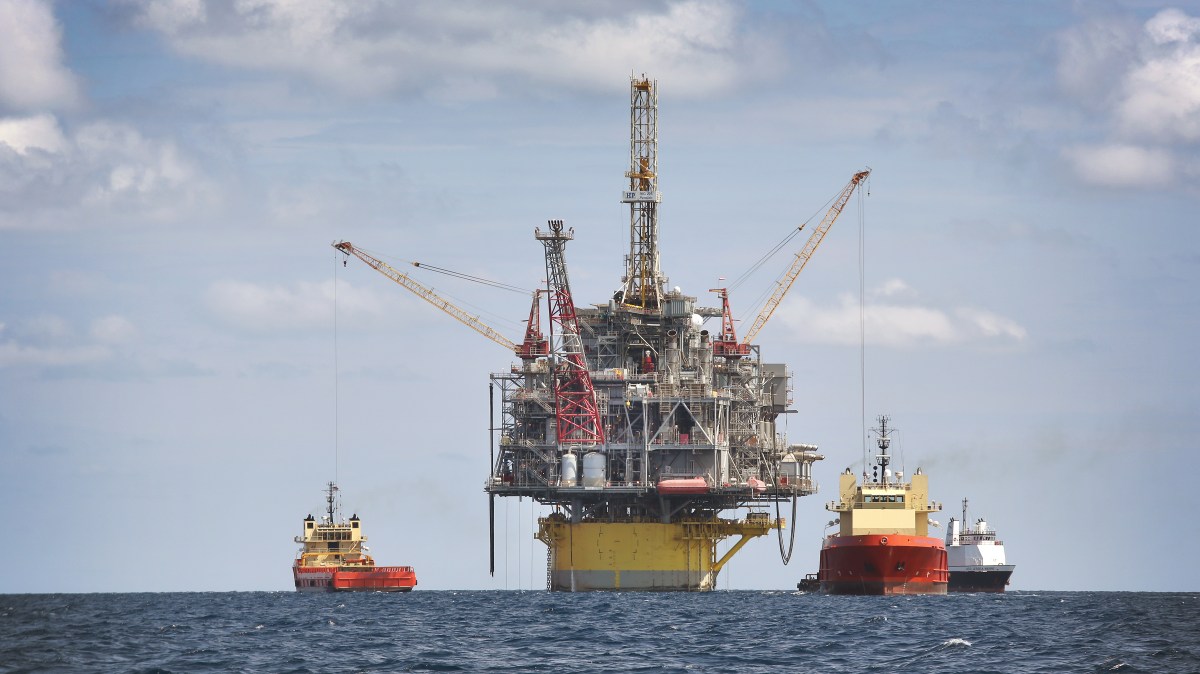A fall in oil and gas prices and extreme volatility wrought by global tariffs has sent profits lower for Shell.
Adjusted earnings declined by 32 per cent to $4.3 billion during the second quarter of the year, but were better than the $3.7 billion that City analysts had forecast.
The FTSE 100 group had already warned earlier this month that the performance of its oil and gas traders would be weaker as whipsawing prices caused by the so-called liberation day tariffs in April and an escalation in the conflict in the Middle East complicated efforts to capitalise on the price volatility.
“This wasn’t based on supply-demand imbalances. It wasn’t based on physical commodity flow changes and so it was non-fundamentals based,” Wael Sawan, Shell’s chief executive, told The Times. “When it’s non-fundamentals based, others might choose to trade in it, we prefer to take a more prudent approach and not to play in that space.”
Its prized integrated gas division reported a 25 per cent decline in its adjusted earnings to $1.8 billion, while weaker realised prices pushed adjusted earnings for its upstream business down by about the same proportion, at $1.7 billion.
Shell is Europe’s biggest oil and gas group and is the world’s largest independent producer and trader of LNG, which is gas super-chilled to a liquid form for transportation by ship.
• Former Shell finance chief to join BP board
Brent crude prices averaged around $67 a barrel during the quarter, compared with $75 a barrel in the first quarter and $85 a year earlier.
Since being appointed at the start of 2023, Sawan, 51, has focused on improving free cashflow, reducing costs and disposing of non-core assets as part of a 10-quarter “sprint” aimed at boosting the company’s valuation.
Wael Sawan
ROB PINNEY FOR THE TIMES
His efforts have started to pay off, with the shares outperforming Chevron and ExxonMobil over the past 12 months and rising 47.5p, or 1.8 per cent, to £27.27 in morning trading in London. However, the company continues to be valued by investors at a discount to its American peers in the oil and gas sector.
The location of the company’s primary listing was “always under review”, Sawan said, referring to a potential move from London to New York, although there were no “live” discussions, with almost half of its shareholder register already based in America.
The group announced another $3.5 billion in share repurchases, marking the fifteenth consecutive quarter that the group has bought back at least $3 billion in shares. The company also recommended a 35.8 cent a share dividend for the second quarter, a 4 per cent increase from a year earlier.
Asked whether he could be distributing too much capital to shareholders, Sawan said that returning “40 to 50 per cent cash flow from operations is the right level for us and I see it as a sacrosanct level to be able to deliver those distributions”.
Last month the oil major was forced to deny reports that it was in active discussions for a takeover of BP, a tie-up that has long been speculated over. The company said it had “no intention” of making an offer for BP and has not held any merger talks with its beleaguered rival.
Shareholder returns and investing in the business continued to be a better use of the company’s capital, Sawan said, than acquisitions. “When it comes to M&A, our bar is high,” he said.

